- Rachel Climie and Erin Howden
- Read Time: 5 mins
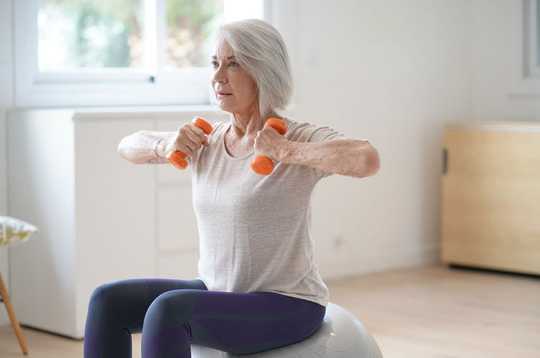
Fitbit recently released data showing a global decrease in physical activity levels among users of its activity trackers compared to the same time last year.

Fitbit recently released data showing a global decrease in physical activity levels among users of its activity trackers compared to the same time last year.
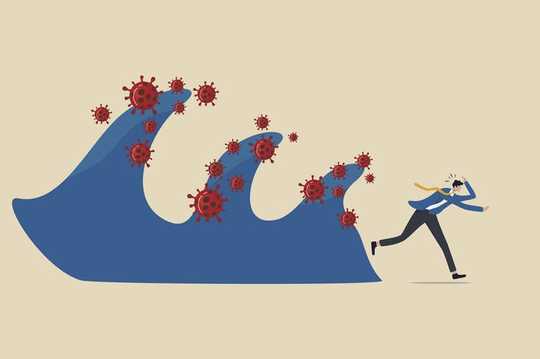
Following the emergence and rapid spread of COVID-19, several countries have succeeded in bringing local outbreaks under control.

The global number of confirmed COVID-19 cases surpassed one million in early April, nearly doubling in a week.

You might have noticed your normal sleep pattern has changed. Some of us may be sleeping more, and some of us may be sleeping less.

In the midst of the COVID-19 epidemic, it has become easier to buy alcohol than toilet paper or eggs.
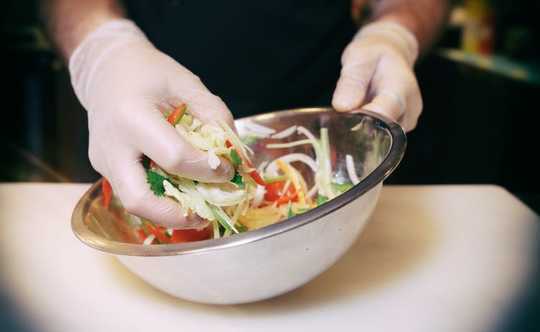
The COVID-19 pandemic has sparked a great deal of interest in how people might avoid getting infected.
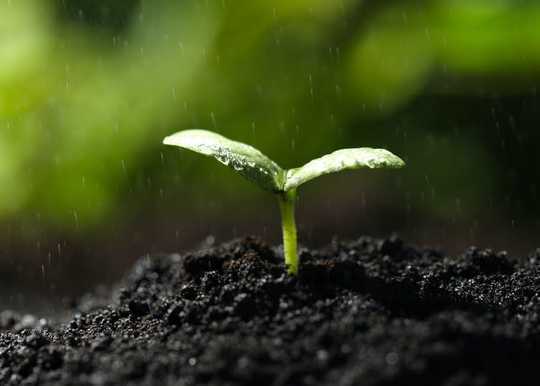
Did you ever wonder what causes that earthy smell that rises after a light summer rain?
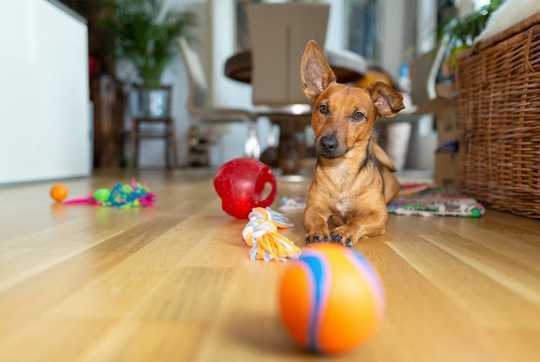
Many of us have been adjusting to new routines these past few weeks. Working from home comes with positives, like being nearer the biscuits and working in pyjamas.
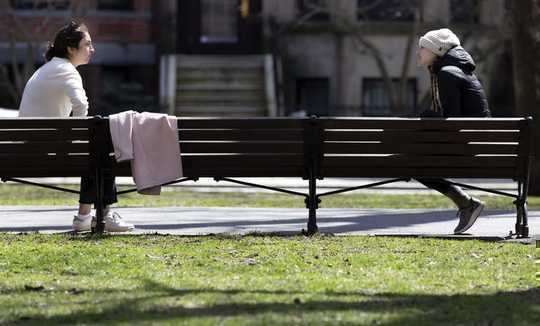
We’ve all heard the advice from public health officials: stay at home, wash your hands and don’t touch your face!
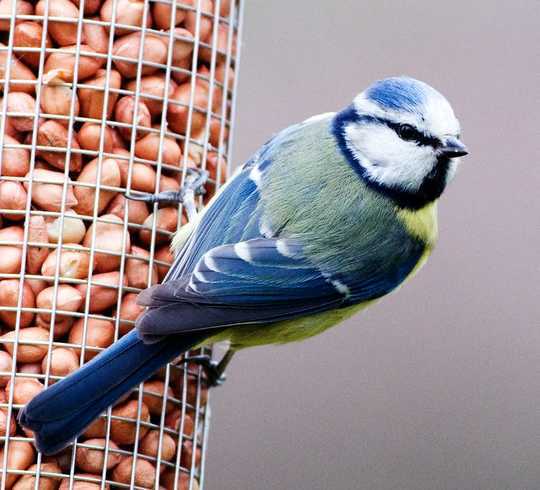
Being stuck at home during lockdown could be a golden opportunity to reset your connection with nature.
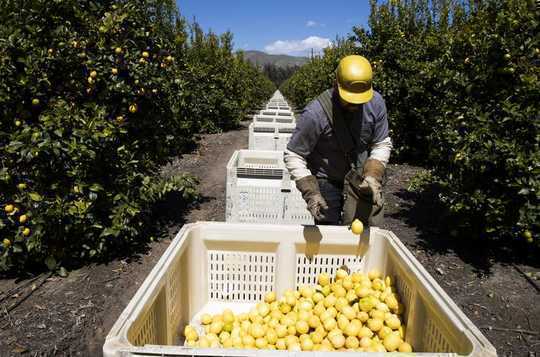
Many Americans may find bare grocery store shelves the most worrying sign of the impact of the COVID-19 pandemic on their food system.
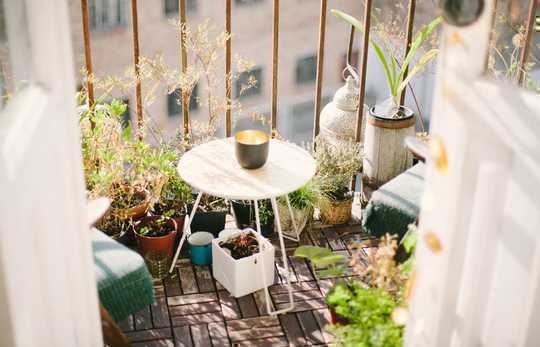
Right now, the best thing we can do to help stop the alarming spread of coronavirus is to stay home. But that doesn’t mean we can’t find pleasure in nature or help the environment.

Spending a lot more time in your house doesn’t have to make you any less curious about the world around you.
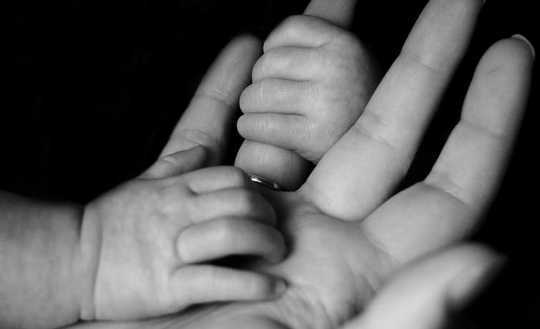
Up to one in five women will develop postpartum depression, a condition that can adversely affect the thoughts, emotions and functioning of mothers, as well as the mental health of their partners and children.
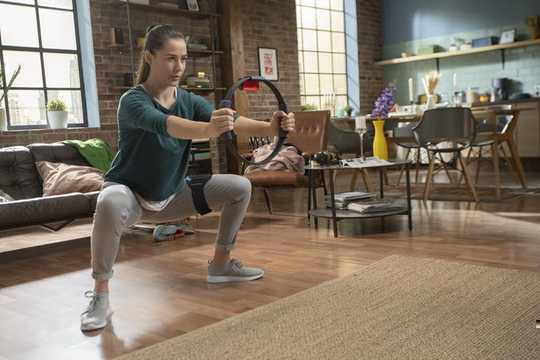
The social distancing measures and self-isolation initiated by the coronavirus pandemic has left people looking for new ways to exercise at home.
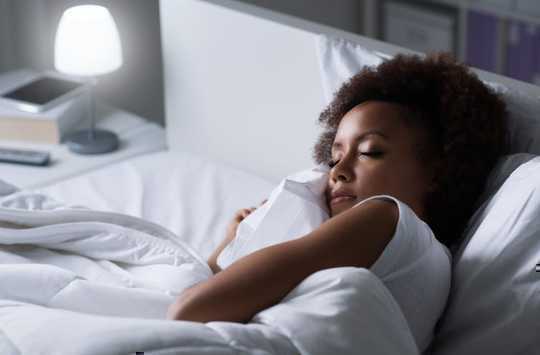
The COVID-19 pandemic is disrupting daily routines around the world. Overwhelmed hospitals, desolate schools, ghostly towns and self-isolation echo a campy horror flick, but an all too real one.

Patrick Vallance, chief scientific adviser to the UK government, recently said that many groups are working on blood tests for COVID-19, adding: “That would tell us who has had it and now has antibodies, therefore won’t catch it again.”
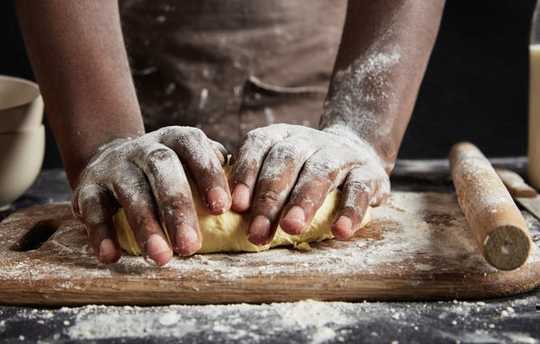
These are unprecedented times. As we deal with the current coronavirus pandemic, we find our regular routines and habits altered and disrupted.

COVID-19 has only been around for a few months, so at this point scientists don’t know that much about it.

“So, being pregnant and delivering in a pandemic … what’s that gonna look like?” That question, sent to me by a colleague who is both a registered nurse and an expectant mother, stopped me in my tracks.
Page 39 of 155

